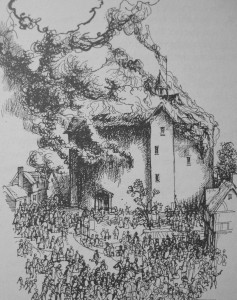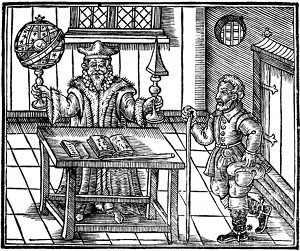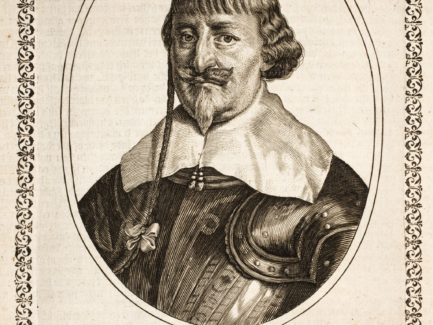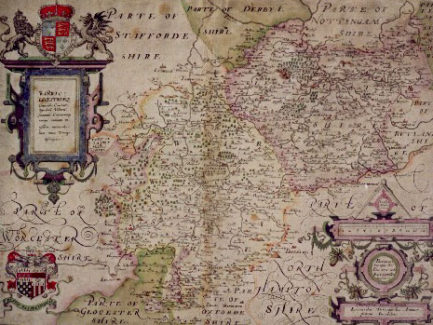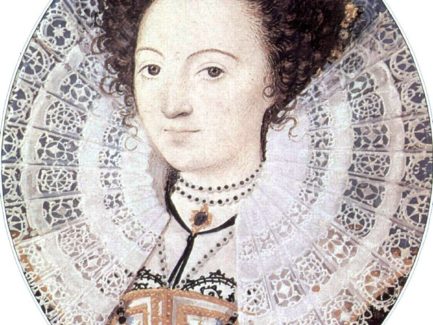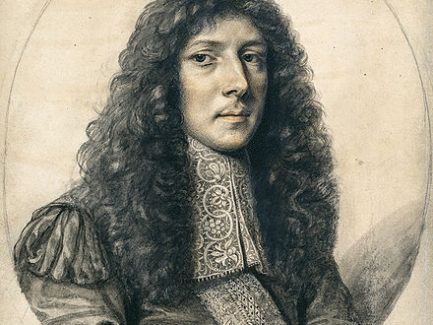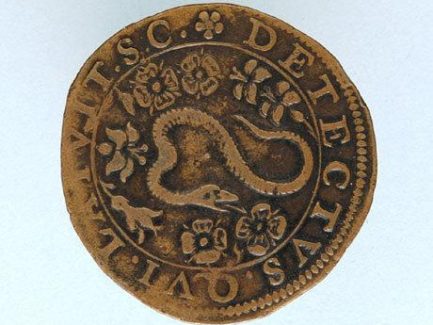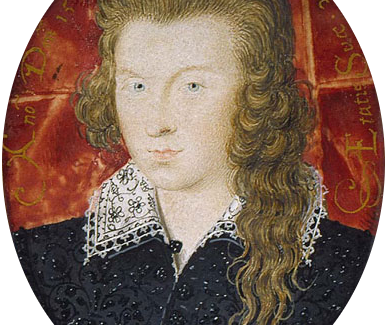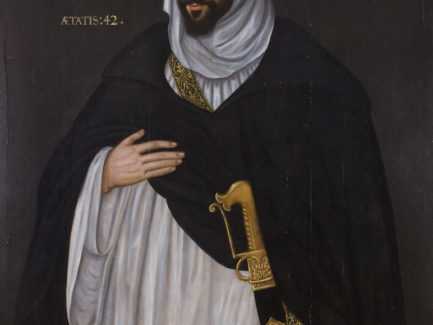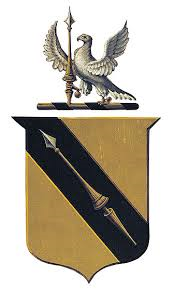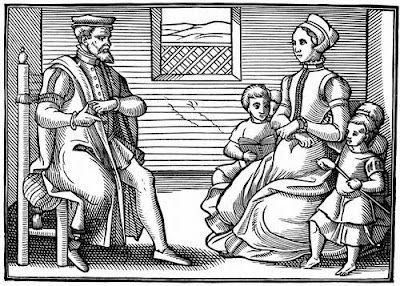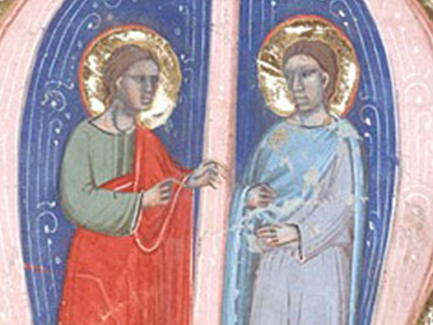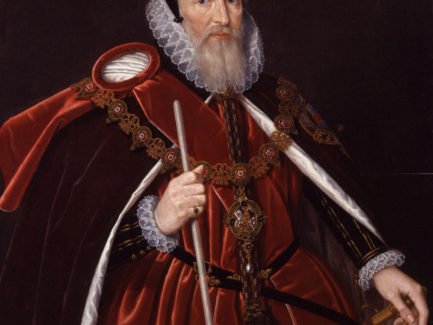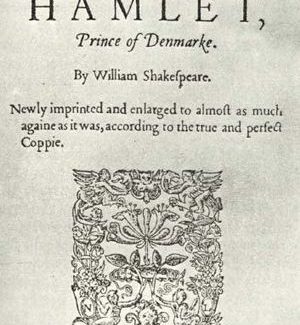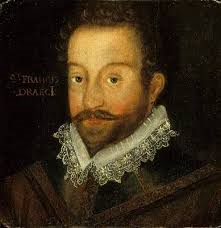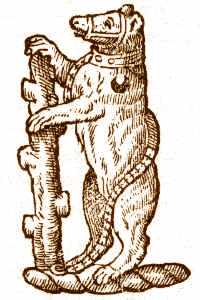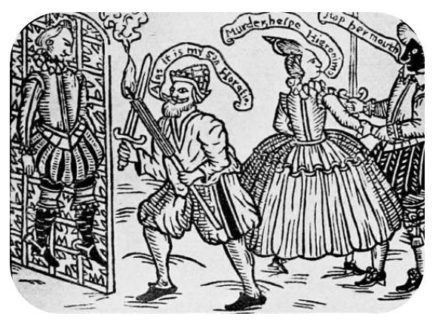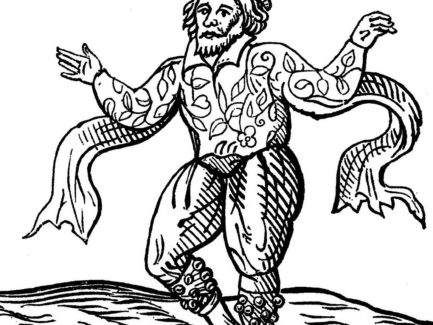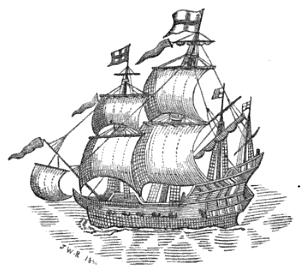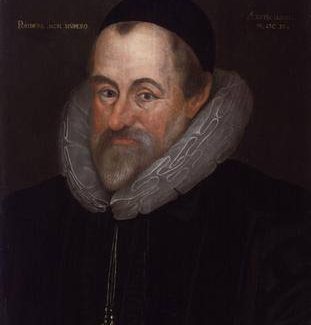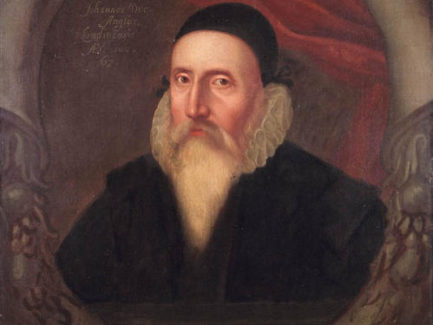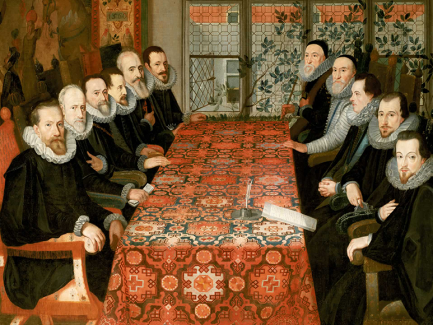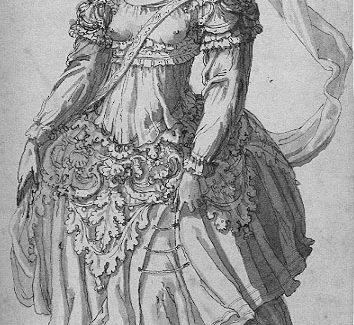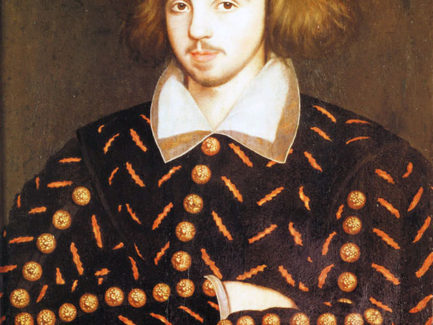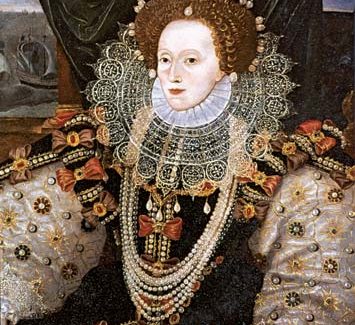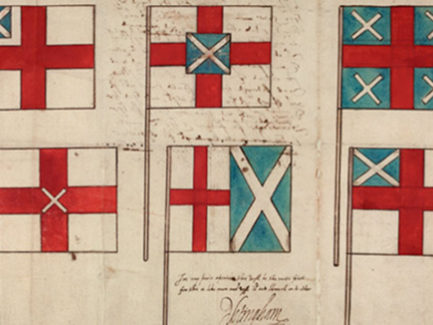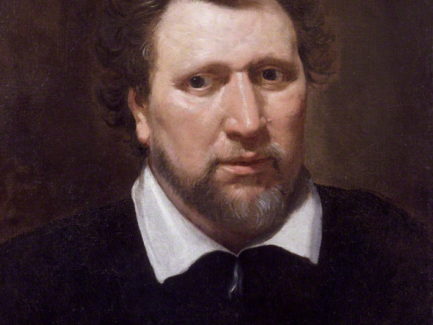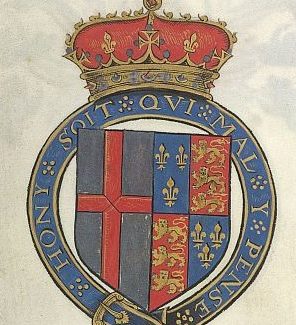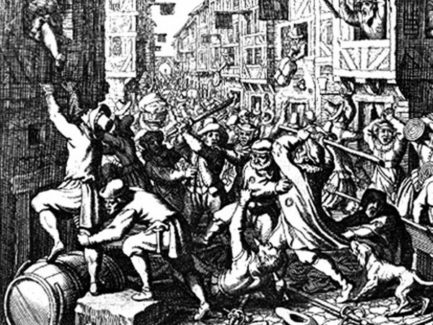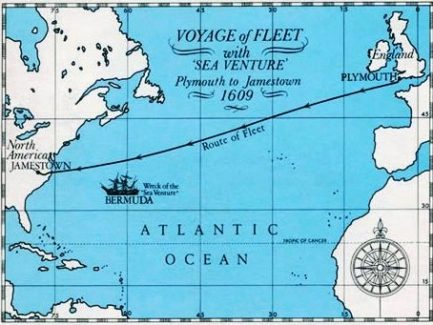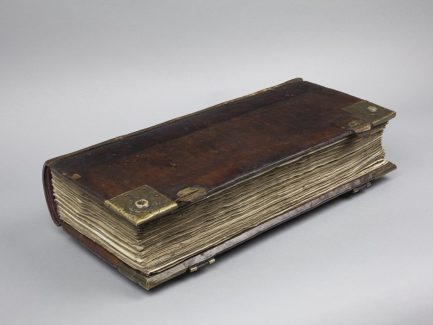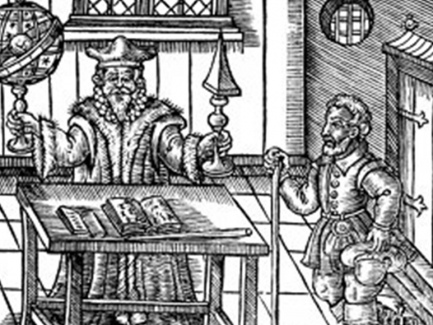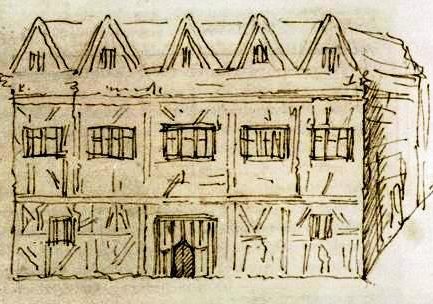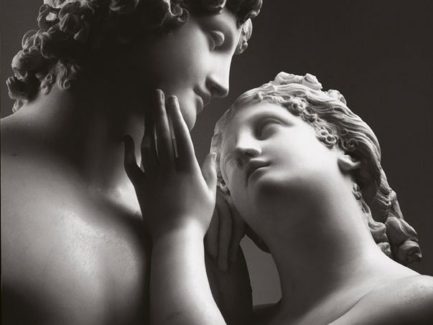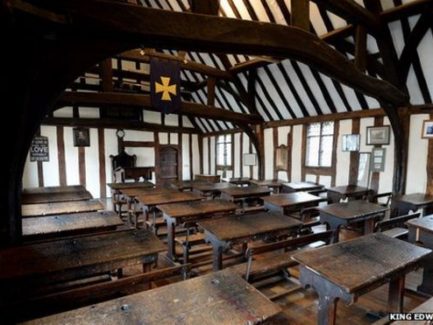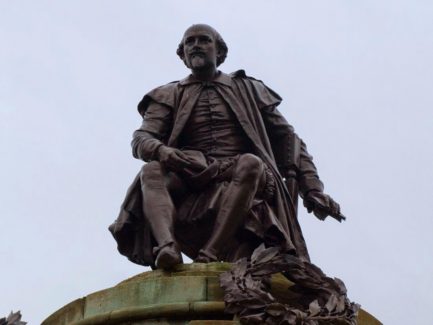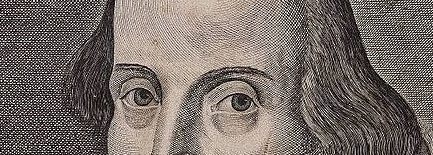Did the young Shakespeare see private performances of travelling players?

During Shakespeare’s lifetime, players were required to operate under the patronage of noblemen who would request permission for their company of players to perform at different towns and cities outside London. A warrant, signed by the Duke of Lennox on 14 October 1604, is an example of such a request. It is addressed to ‘all Mayors, Justices of Peace, Sheriffs, Bailiffs, Constables and all other [of] His Highness’ officers and loving subjects to whom it shall or may in any wise appertain’:
Sir, I am given to understand that you have forbidden the company of players that call themselves mine the exercise of their plays. I pray you to forbear any such course against them, and seeing they have my licence, to suffer them to continue the use of their plays, and until you receive other signification from me or them, to afford them your favour and assistance. And so I bid you heartily farewell…Your loving friend, Lennox.
John Shakespeare held numerous positions of authority in the newly-formed town council at Stratford-upon-Avon before William Shakespeare was born and when he was a young boy. When Shakespeare was four years old, his father was elected to be bailiff and held the highest office in the town. One of his jobs during these years was to license travelling players when they visited Stratford. Perhaps John Shakespeare also took his young son, William, to some of the performances given by travelling players before the Stratford town council. If so, it would have made a lasting impression on him. In 1637, a man recalled an acting troupe which visited Gloucester and performed for the town council when he was a boy. His recollection shows how deep an impression this had on him and we can assume seeing visiting players perform for the town council would have made a similarly strong impression on the young Shakespeare:
…when players of interludes come to town, they first attend the mayor, to inform him what nobleman’s servants they are, and so to get licence for their public playing: and if the mayor like the actors, or would show respect to their lord and master, he appoints them to play their first play before himself, and the aldermen and common council of the city: and that is called the mayor’s play, where everyone that will comes in without money, the mayor giving the players a reward as he thinks fit, to show respect unto them. At such a play my father took me with him, and made me stand between his legs, as he sat upon one of the benches, where we saw and heard very well.
© 2019 Shakespeare’s World
To read more about this topic and other events on this day in Shakespeare’s lifetime, you can see our recommendations for further reading and visit our website to buy Shakespeare’s World App or to follow us on social media.




